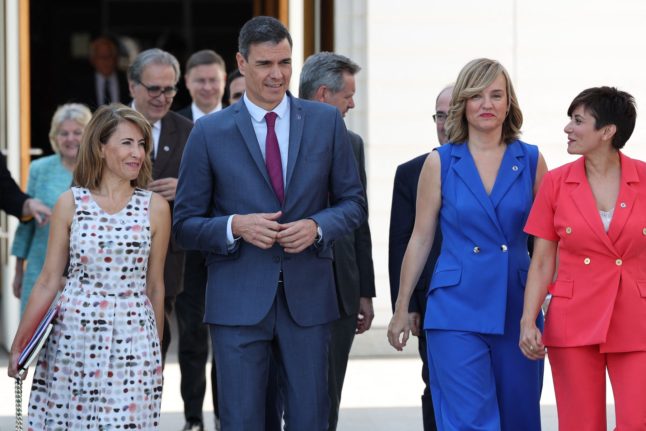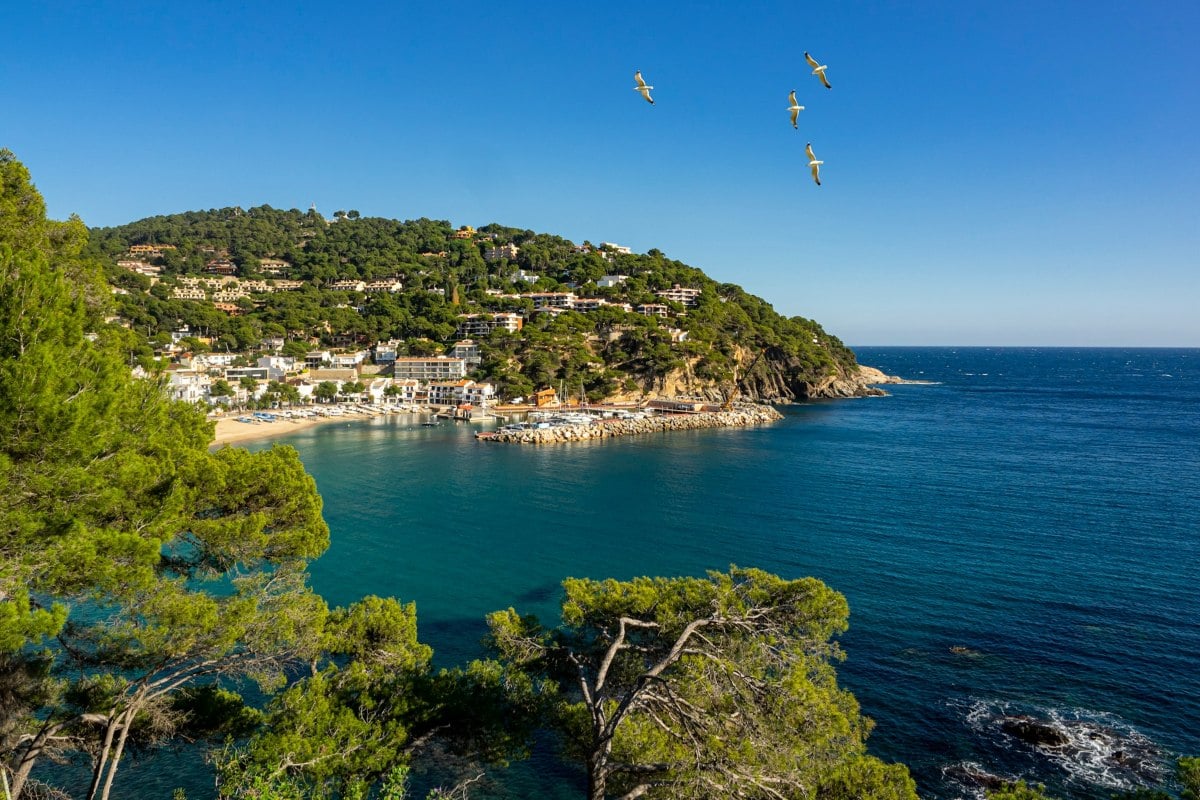Hundreds of people are queueing outside a Madrid theatre, but not to see a play. They are here for the latest spectacle in Spain's fast-unfolding election drama.
Spain's political landscape has been transformed as it heads to a general election expected around November, split over a gradual economic recovery and still-high unemployment.
READ: Why Spain's radical new centrists are spooking Spain's populists.
Giving Podemos a run for its money, Ciudadanos -"Citizens" – has staked out a moderate position just right of centre, drawing potential voters from left and right.
"It is the only option right now. It is something new," said Rafael Perez, a 38-year-old consultant.
"It is not just smoke and mirrors. They're not trying to con you."
He was one of hundreds of people queueing to hear Ciudadanos' leader Alberto Rivera, a 35-year-old lawyer from Barcelona, present his latest economic policies this week.
Some come disillusioned with the governing conservative Popular Party (PP) and the opposition Socialists, while others reject those two but see Podemos as too radical.
Now analysts say Ciudadanos could hold the key to possible future coalitions in Spain's transformed political landscape.
Ciudadanos attracts "young, urban voters, former PP voters", said Fernando Alvarez Ossorio, an expert in constitutional law at Seville University.
But it also draws disillusioned voters who have might have voted for Podemos until they find "a party on their ideological wavelength" in Ciudadanos, he added.
'Spain's got talent'
Founded in 2006 as an anti-independence party in the Catalonia region, Ciudadanos has reinvented itself in recent months as a national centrist party of reform, in the wake of Podemos's surge.
Its membership has multiplied from 2,000 to 20,000 in less than a year.
Podemos, under its pony-tailed leader Pablo Iglesias, 36, has topped some recent opinion polls, campaigning against corruption and the injustices of the economic crisis.
Ciudadanos meanwhile, under its suited and groomed leader Alberto Rivera, 35, also campaigns against corruption but strikes a more moderate and economically liberal stance.
"In Ciudadanos, we want justice. What Podemos wants is revenge," Rivera, 35, said in a recent interview in El Mundo newspaper.
Rivera and his economic guru Luis Garicano from the London School of Economics this week promised a new model based on innovation and the knowledge economy.
"Let's talk about talent. We want talent to stay in Spain, or to come back here," Rivera said, dressed in a dark jacket and open-necked blue shirt, to the excited crowd that filled the theatre's 600 seats.
He proposed more flexible working contracts and other measures to boost businesses by encouraging innovation and investment and cutting red tape.
Rivera also has a foot in the social liberal camp with his stance against cuts to health and education spending and home evictions and his defence of women's right to abortion.
'Coherent and clean'
Ciudadanos surprised its rivals last month in an election in the southern Andalusia region, coming fourth with 9.2 percent of the vote.
That was a key test ahead of more regional and local votes over the coming months and the general election.
Ciudadanos' share of voting intentions more than doubled from 8.1 percent in January to 18.4 percent in March, according to a survey by Metroscopia published in El Pais newspaper.
Meanwhile, Podemos's rise has slowed: a study by the state polling institute CIS showed its support rating falling by five points from February to March.
Many voters seem unimpressed by the Socialists and the PP which have alternated in power for three decades.
Ciudadanos "are coherent, new, clean," said Martin Perez, a 22-year-old student at the gathering.
"They don't have baggage," like the PP and Socialists which have been hit by numerous corruption scandals, he added.
"They are for a gentle change — not like Podemos, which is also new but wants a revolution."
By Gabriel RUBIO with Daniel BOSQUE in Barcelona





 Please whitelist us to continue reading.
Please whitelist us to continue reading.